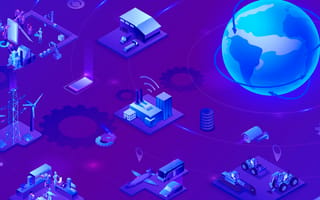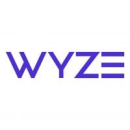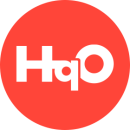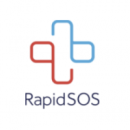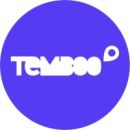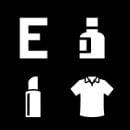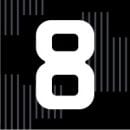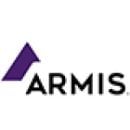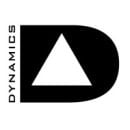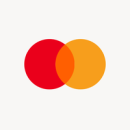In 2018, tech publication The Verge declared that “everything is connected, and there’s no going back” — a statement that seems even more true four years later.
When you walk down a city street, hundreds of vehicles equipped with sensors, processors and networking equipment whiz by, and buildings are outfitted with all kinds of antennae and dishes that connect the many smart appliances and personal assistants within them to the internet. If you enter a hospital, a school or a factory, you’ll inevitably come across a plethora of connected devices designed to make life more automated and efficient.
All told, there are more than 13 billion of these connected devices operating around the world today, according to Statista, and in just three years that number will likely double. This massive ecosystem has come to be known as the Internet of Things, or IoT, and it is projected to be worth more than $2,456 billion by 2029.
IoT Applications to Know
- Smart homes
- Smart cities
- Supply chains
- Agriculture
- Health and wellness
- Finance
What Is the Internet of Things (IoT)?
The IoT is a network of devices that are connected thanks to internet connectivity, sensors and other hardware embedded within them. This hardware collects the data, that data is then shared via the cloud and integrated with software, which then analyzes and transmits the data to users via an app or website.
Put simply, it makes previously analog, “dumb” devices “smart” by making them capable of sending information over the web, essentially allowing them to communicate with people and other IoT-enabled things. Everything from smartphones and laptops to thermostats and coffee machines can be a part of the internet of things, so long as they are equipped with the proper hardware and internet connection.
Indeed, the IoT space has seen quite a bit of innovation over the last several years, transforming everything from manufacturing to healthcare to the very homes and cities we live in.
IoT Applications in the Real World
Smart Homes
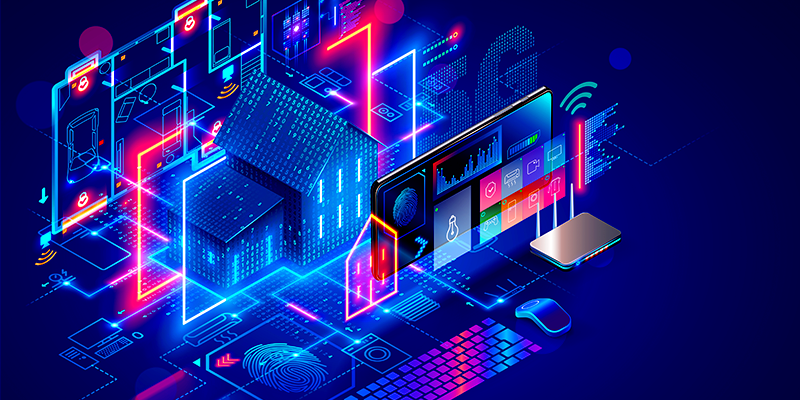
These days, you can close your garage door after commuting from a long day at work, turn on some music and cook yourself some dinner — all with a few taps on your smartphone.
And this isn’t a luxury reserved for the ultra-techie or the ultra-rich few. As of 2021, about 43 percent of U.S. households own at least one smart home device, according to Statista. The global smart home market size was valued at more than $62 billion last year, per Grand View Research, and is projected to be worth nearly 9 times that within the next decade, indicating that this busy corner of the IoT market isn’t slowing down anytime soon.
Here are some notable companies in this space.
When it comes to automatic garage-door openers and gate entry systems, Chamberlain Group is a familiar name. The company rolled out its internet-connected garage door opener more than a decade ago and has since remained an active innovator in the smart home tech space, releasing new products under its myQ brand and acquiring startups in areas like smart locks and smart security cameras.
Perhaps one of the most recognizable names in this roundup, Google has been a leader in smart home automation for years. By connecting all of its devices, the Google Home service allows users to control and automate virtually every aspect of their home — from lighting to appliances to security — with nothing more than their smartphone or voice.
SimpliSafe brings IoT to all things home security. Its tech-enabled locks, cameras, doorbells and wireless sensors are designed to make any home disaster-ready, protected against everything from power outages to break-ins. It also has multiple monitoring centers. SimpliSafe is a major player in the larger home security sector, which is valued at nearly $60 billion and is joined by companies like Amazon, Honeywell and Samsung.
Tovala is more than just your average meal delivery service. It offers both pre-packaged meals as well as a countertop smart oven. The device can steam, bake, broil, toast and reheat food to completion with nothing more than a QR code scan. And in addition to cooking Tovala-branded dinners, the oven can recognize the QR codes of nearly 1,000 brand-name grocery store items and cook those, too. This “scan to cook” technology was also recently made available on select LG smart ovens through a partnership with Tovala.
Wyze offers a variety of IoT controlled devices, from home products like color-changing light bulbs and cordless vacuums to electronics like smartwatches and headphones. And many of its products are compatible with smart assistants. Although it has many competitors, including giants like Google’s Nest and Amazon’s Ring, Wyze’s main draw has been its price point. For example, while a Nest home security camera can cost upwards of $200, the Wyze Cam costs just $30.
Smart Cities
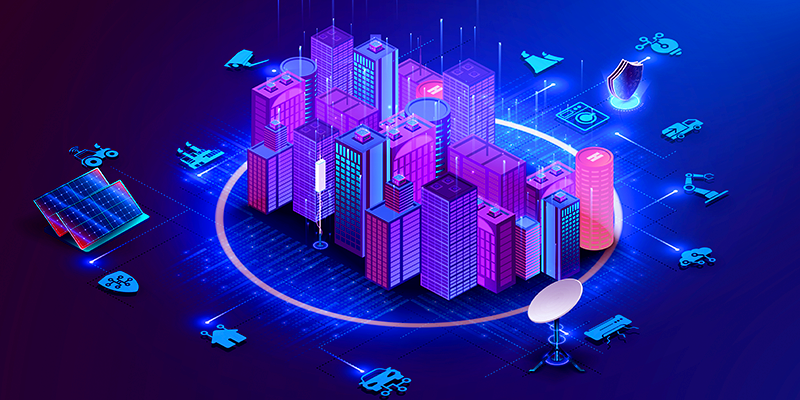
When you hear the term “smart city,” your mind may wander to images and ideas reminiscent of The Jetsons — that classic 1960s cartoon depicting the now not-so-far-off year of 2062, where robots do our laundry and cars soar across the sky and fold up into briefcases.
But, in reality, a true smart city is so much more than a world of cool, shiny gadgets and technological advancements. “They’re about designing the advancements of a community’s experience that include elements of culture, music, art and language alongside technology,” Paula Kwan, the former director of Toronto’s Civil Innovation Office said in a 2019 TEDx Talk on smart cities. It’s about innovating so that technology works for us, not the other way around.
Here are some of the companies working to make the vision a reality.
HqO is on a mission to help commercial real estate landlords better manage their properties, allowing them to digitally connect with their tenants as well as their building’s amenities. The company’s platform “blends the physical and digital” worlds, allowing landlords to communicate with their tenants, market their spaces, grant security access and more. They can also gather data-driven insights to better address specific needs of tenants. HqO has been growing quickly since its 2018 founding, and was recently named among Boston’s fastest-growing tech companies by Inc.
Through partnerships with public safety officials across the country, RapidSOS claims to have built the world’s first emergency response data platform to securely link data from hundreds of millions of IoT devices directly to 911 and first responders. The platform gathers data from things like connected vehicles, wearable devices and home security systems, and sends that information to local public safety agencies when an emergency arises. The goal is to provide first responders with intelligent, real-time data like location, camera footage and a victim’s health information to ensure a faster, more effective emergency response.
Launched out of MIT and Harvard in 2014, Soofa started out as a creator of smart city benches, providing a place for people to not only charge their phones with solar power, but also track things like air quality and noise levels to help city planners and private landowners make more informed decisions. The company has since pivoted to solar-powered digital signs, which can be used to display public service announcements and local news and advertisements to city residents all over the country.
Superpedestrian’s electric scooters are designed to be smart and safe. The company debuted its LINK scooter in 2020, then acquired Navmatic, a startup that uses GPS position to help micromobility operators better track their vehicles in real time. The purchase allowed Superpedestrian to implement this technology on its own Vehicle Intelligence safety system, which combines AI, sensors and microprocessors that can detect and prevent unsafe behavior like aggressive swerving into traffic or stunt riding. This eventually morphed into what is now known as its Pedestrian Defense system, which the company is rolling out in about two dozen cities across the United States and Europe thanks to a recent $125 million fund raise.
Temboo aims to improve environmental engagement amongst the public. Its sensors can be used to collect data about things like soil, air and water quality, which can then be shared with and monitored by the public. The hope is that this will encourage behavioral changes among community members as well as help policy leaders make more informed changes.
Supply Chains
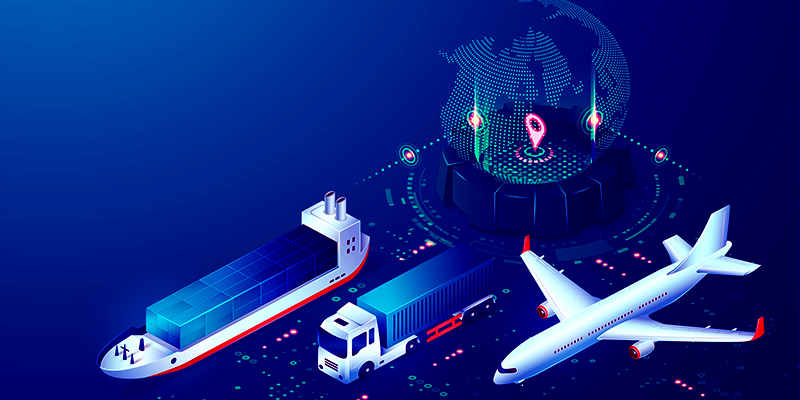
Beneath the whir of industrial machines and the hum of the supply chains that provide us with clothes, food and other items we need lies a network of connected devices that collect and transmit data. This, in turn, leads to improved safety, cost savings and a more streamlined operation.
When it comes to the making and selling of goods, efficiency is the name of the game — and these companies are harnessing the power of IoT to make that happen.
Samsara equips organizations in a variety of industries with IoT products for streamlining their physical operations. Its solutions include smart trailer technology, which can support efficient supply chain operations through real-time tracking and comprehensive data visibility. Samsara’s offerings help businesses optimize trailer utilization, route planning, maintenance schedules, temperature compliance and other important factors.
Perhaps best known as a major internet and cable provider, Comcast is, in fact, a leader in the global media and technology space, including IoT. The company’s MachineQ services provide connected sensor, network and software tech that enable a variety of enterprises to connect their devices. Just over the summer, MachineQ released a new multi-sensor device with sensors capable of measuring everything from temperature and humidity to door and window activity — providing businesses with a way to implement newer and better IoT capabilities.
EVRYTHNG allows retailers to essentially digitize every product they have, providing them with the data they need to stay informed on supply chain, product authentication, direct to consumer engagement, resale and more. The company creates a digital twin for every item sold by a given retailer, connects those items to their twin with a unique identifier (QR code, digital watermark and so on) that is either infused onto the item or printed on its packaging, and generates business insights with the data collected.
Siemens offers three IoT solutions for industrial processes — Industrial Edge for integration IT into production processes and leveraging machines’ data; a low-code platform called Mendix that allows for the quick and efficient building of apps; and MindSphere, which allows companies to create custom IoT applications. By exploring the possibilities of AI and machine learning, the company has made key advancements in industrial automation and data analytics, which has had an immense impact on the reduction of machinery costs and an increase in efficiency.
Agriculture
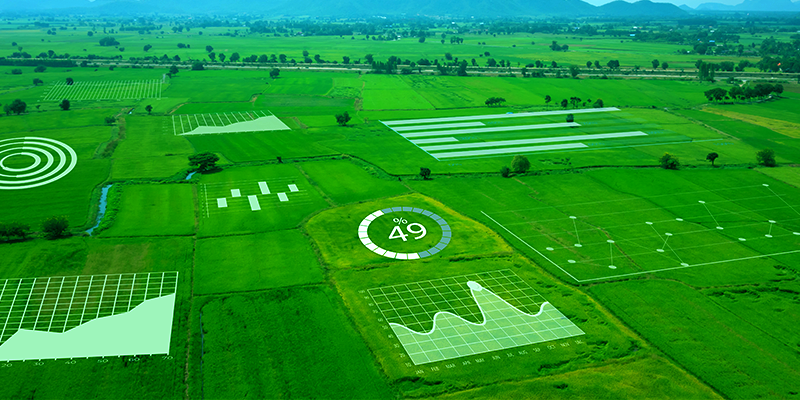
Agriculture has come a long way, evolving from a hyper-local practice to feed nearby community members, to a massive global enterprise that is heavily reliant on technology. Shovels, tills and Poor Richard’s Almanac have given way to sophisticated weather tracking systems, tech-enabled industrial equipment and, yes, connected devices.
By using various smart agriculture technologies, farmers can gain better control over the growth of their crops and the raising of their livestock, making it a much more predictable and efficient business.
Here are just a few of the companies that are cultivating innovation in the world of agriculture.
Arable helps farmers monitor their crop growth and detect any anomalies in order to prevent any diseases or infestations that could be harmful to their yield. Its sensing and monitoring devices collect more than 40 measurements on weather, crop and soil measurements in a single system. That data can then be analyzed and modeled right from the user’s smartphone. Arable has several notable research partners, including Rutgers University, NASA’s Goddard Space Flight Center and the U.S. Department of Agriculture.
When you think of Caterpillar, what comes to mind is most likely a big, yellow bulldozer, or some other piece of heavy industrial equipment. But this company has actually been working in machine learning and IoT for years through its technology arm, Cat Digital. With Cat Digital, the company equips its machines and engines with advanced analytics and AI technology, enabling users to access data in real time and model it so that they can make more informed decisions about the use of their Caterpillar machines.
Far from the simple green tractor of last century, John Deere claims its self-driving tractor features six pairs of stereo cameras to gauge distance and capture a 360-degree view as it plows through fields marked within a geofence. With its sophisticated software, cloud capabilities and sensors comes an extraordinary amount of data, which can be used by technologists the world over to solve problems related to over population and food production.
Health and Wellness
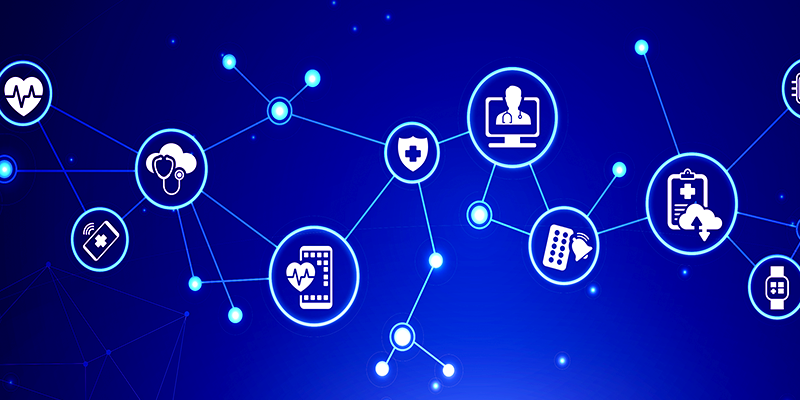
The healthcare industry uses IoT to practice beyond the confines of a clinic, pharmacy or hospital. This technology collects, analyzes, notifies or retains health-related data from divides like smartphones and smartwatches as well as implantable devices and fitness trackers. The Internet of Things seems to have worked its way into virtually every facet of healthcare, and is expected to be a $320 billion market in the next five years.
And it’s not just medical companies and hospitals that are leaning on these connected devices. Individuals are harnessing this technology themselves to monitor and improve their own health, too.
Here are just a handful of companies bringing IoT to all things health.
AdhereTech’s tech-enabled pill bottle can be used just like any other pill bottle. The key difference here, though, is that it will send an alert to the user’s phone when it is running low, or when the user has forgotten to take their medication. According to some of the pharmaceutical companies that work with Adhere, patients that use the smart pill bottle are more likely to adhere to their proper course of treatment and get prescriptions filled on time.
Eight pairs its tech-enabled smart mattress with a sleep and environment-sensing app, which analyzes the data it collects and then sends that data to the user’s smartphone so that they can monitor their sleep patterns, figure out their ideal sleeping conditions and adjust their mattress accordingly. The app can also be integrated with any smart lights and door locks in the user’s home.
While its Covid-19 vaccine has been Pfizer’s main claim to fame over the last couple of years, that is just the tip of the iceberg when it comes to the company’s contribution to healthcare innovation. Through a 2016 partnership with IBM, Pfizer created a tech-enabled Parkinson’s house equipped with sensors on everything from refrigerator handles to beds that can detect even the smallest variation in a patient’s movements. The collected data is wirelessly beamed to scientists, who in turn can analyze the patient’s progress and medication responsiveness. The company has also formed partnerships to create IoT-enabled clinical trials, improve immuno-oncological treatments, and optimize the distribution efforts of its Covid-19 vaccine.
Somatix is specifically marketed to senior citizens as a way for them to monitor their health more independently. The digital health platform can be paired with existing sensors embedded in commercial smartwatches and other IoT devices, allowing for the continuous tracking without the wearer having to manually enter their data anywhere. This information can then be analyzed using machine learning to detect any health abnormalities by the user, as well as provide clinical insights, statistics and alerts.
Finance
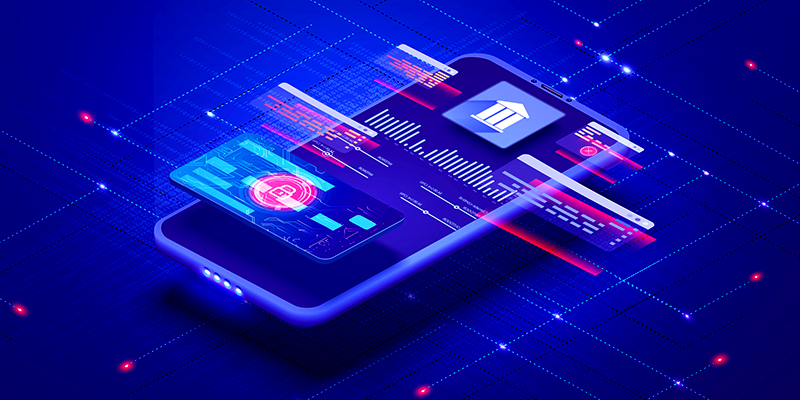
The finance industry is known for its embrace of new technology, and has been among IoT’s most vehement adopters. Connected devices allow for more than just the easier movement of money, but it also strengthens companies’ security and streamlines their payment processing.
Here are how some companies are implementing IoT into their corners of the finance sector.
Armis aims to give businesses in the financial industry full visibility and control over every device on their network, meaning potential bad actors can be detected and threats averted. The goal is to remove any security blind spots by continuously monitoring the devices connected to their network.
Dynamics’ battery-powered, interactive payment cards are IoT-connected, offering two-way communication between banks and their clients in real time. Each card has a display screen through which people can ask questions to their banks. And its digital “wallet” sends the bank a notification about when, where and how payments were made on the card.
In a 2021 whitepaper, Mastercard said IoT was shaping the future of payments, and it appears to be at the forefront of this movement. The banking giant has developed several payments-related products that use IoT, including a smart contract platform, which is designed to help financial institutions and fintechs build more flexible and efficient commerce applications.
Metromile has revolutionized the auto insurance industry with its IoT-connected trackers, which allow for cost-effective, per-mile insurance plans based on mileage and driving behavior. In other words: if users drive less, they pay less. Metromile also allows users to file a claim from their smartphone, thus streamlining the entire claims process.
Valued at a whopping $95 billion, Stripe is not only among the highest-valued tech companies in the country, but it was also declared the No. 1 cloud company in the world by Forbes last year. The company’s software provides a way for businesses of all sizes to process payments, manage revenue, prevent fraud and more. Since the vast majority of business is still done offline, Stripe created the Stripe Terminal tool for retailers to unify their online and offline channels with things like pre-certified card readers and cloud-based hardware management — merging the digital and physical worlds.

